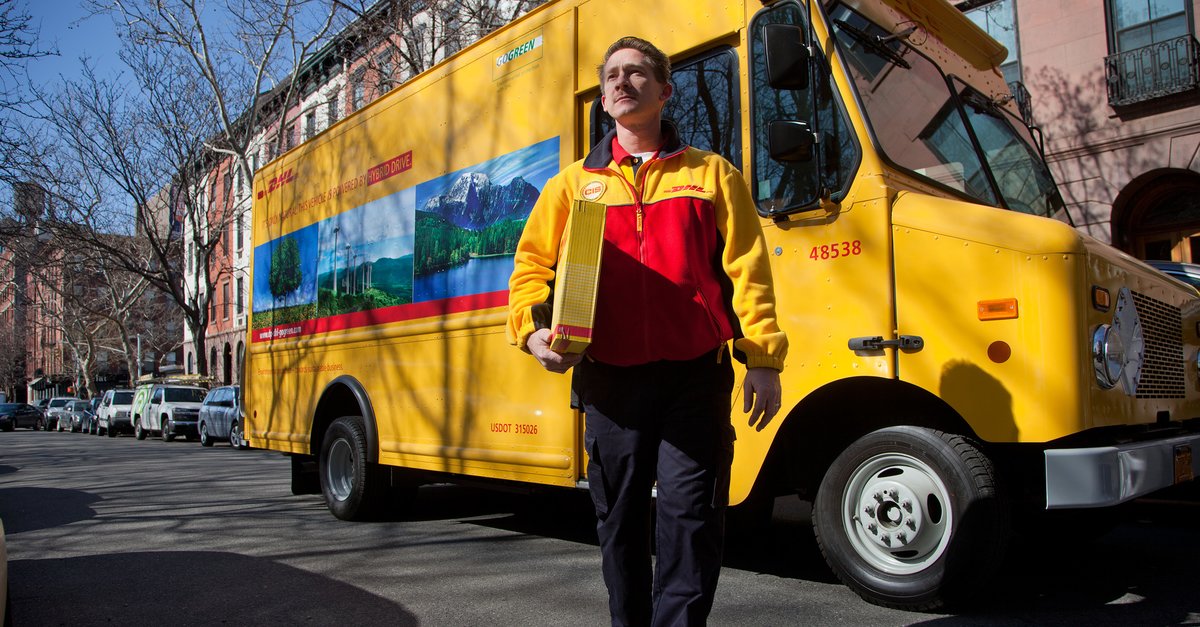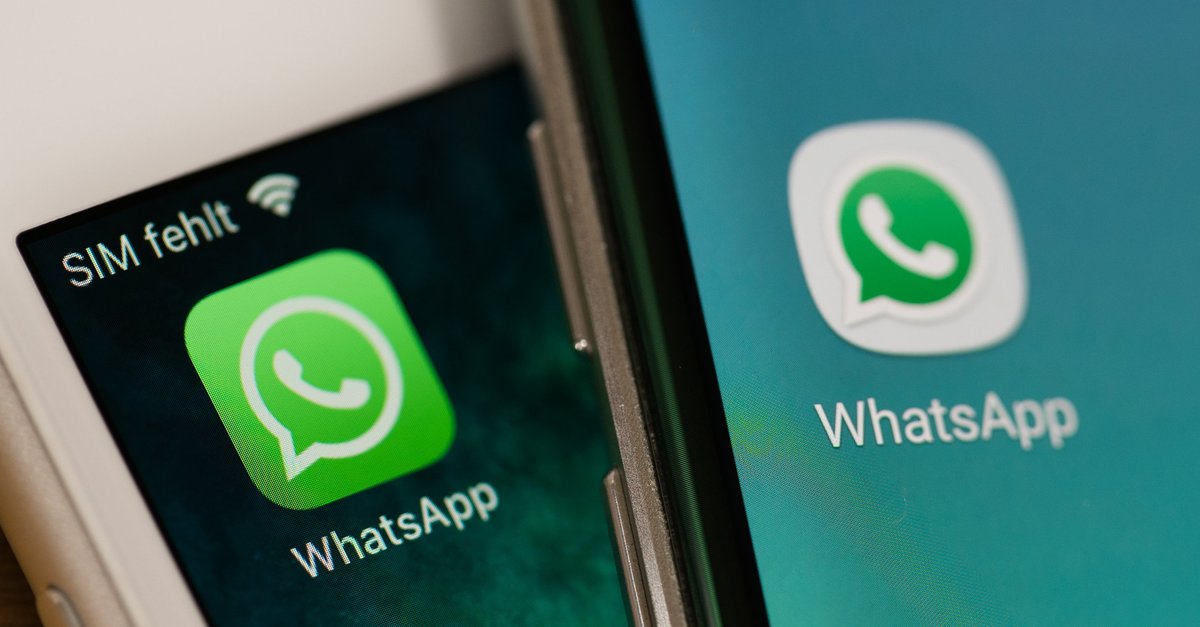This happens to our data with virus scanners [Anzeige]
Sometimes it’s very quick. One wrong click and the screen freezes. Fortunately, there are anti-virus programs like Kaspersky that protect us from this. But what actually happens to our data on the anti-virus servers?
Contents
What happens with my data?
It is clear that our data must be stored and processed so that the programs can protect our computers. In the best case, we know exactly how and where the data is processed. A pioneer when it comes to openness is also one of the market leaders among anti-virus programs: Kaspersky.
In 2017, the software manufacturer has its Global Transparency Initiative (GTI) launched. At the same time, so-called transparency centers have been opened. Here users can view the source code of Kaspersky products and check whether there are any undocumented features or hidden functions. What’s more, the engineering and data management practices are made available for external review.
For example, Kaspersky received the certification from the independent certification body TÜV Austria ISO 27001 compliance certification receive. This independently confirmed that the software manufacturer has an effective information security management system. With the discount code “BASIC5” you save an additional 5% discount on all Kaspersky products for private users until June 30th, 2023.
Try Kaspersky now and get a 5% discount
Why is that important?
In order to be able to work efficiently and to ensure maximum protection against cyber threats, users must agree that much of their personal data is sent to automated, cloud-based malware analyses. This is the only way Kaspersky can continuously improve its solutions. It is therefore particularly important that this data is well protected.
The Kaspersky data centers have therefore been in Switzerland for several years. There are many reasons for this. On the one hand, the company can fall back on the world’s leading hardware. On the other hand, Switzerland has one of the strictest data protection regulations in an international comparison.
But what about law enforcement and government agency requests?
Time and again, security authorities in different countries approach companies like Kaspersky when they are looking for cyber criminals. Of course, users want to know how often this happens and how companies react to it.
Kaspersky works with government agencies around the world to make it harder for cybercriminals to distribute malicious software. At the same time, the authorities do not have easy access to the data on the Kaspersky servers. This is evident from the annual Law Enforcement Information Requirements Report.
For example, in 2021 Kaspersky received 109 requests from various authorities in a total of 12 countries. 92 requests related to technical expertise. 17 specifically wanted access to user data. All requests for user data access have been denied.
Either they did not meet the legal requirements or they asked for data that Kaspersky does not process at all. However, the report does not only include figures for inquiries from government agencies. All inquiries from private individuals also appear in it. In 2021, around 2,252 people asked where and how their personal data was stored.
Independently tested
With the Global Transparency Initiative, Kaspersky is taking an offensive approach when it comes to open handling of its users’ data. At the same time, the company is committed to continuous improvement. All products are regularly tested by independent laboratories. Everything to protect against the global cyber threat.
With the discount code “BASIC5” you save until 06/30/2023 an additional 5% discount on all consumer products at Kaspersky!


